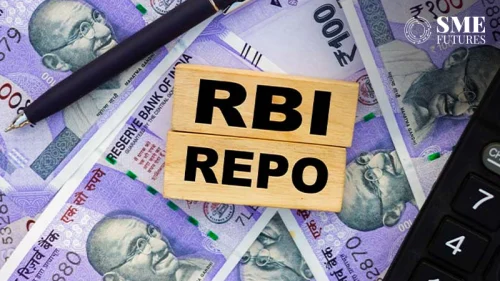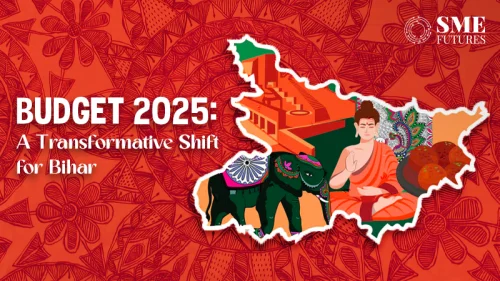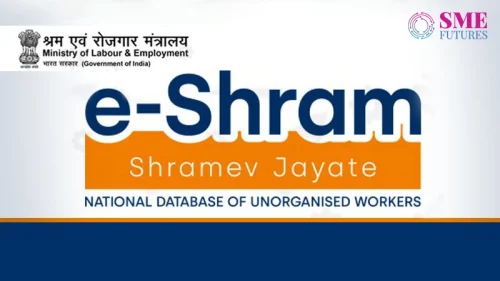Traders’ body Confederation of All India Traders (CAIT) said that the National Retail Trade Policy will prove to be a half-baked exercise without an e-commerce policy and codified rules and regulations for e-commerce trade.
CAIT President B.C. Bhartia and Secretary General Praveen Khandelwal, in a joint statement said that the initiative by the DPIIT to roll out National Retail Trade Policy is a welcome step and will certainly boost the retail trade of India to a next level. It meets with the long pending demand of CAIT. They demanded that the stakeholders must be taken into confidence before implementing the same.
They said that the retail trade has four verticals corporate retail, non-corporate retail, e-commerce and direct selling and therefore the National Retail Trade Policy should have a consolidated and comprehensive policy under which all the four verticals can work in tandem and no overlapping by one another should be allowed.
Also Read: Govt to bring retail trade policy to promote ease of doing biz for traders
They said that the Indian retail trade market is Rs 130 lakh crore annually with a 10 per cent growth rate every year but unfortunately, the retail trade in India is the only vertical of country’s retail trade which neither have a separate ministry nor a policy. Therefore, the National Retail Trade Policy will prove to be a booster for the economy and trade and commerce of the country. It is to be noted that about 80 per cent retail trade is conducted by traditional retailers which are non corporate retail, about 10 per cent by corporate retail, about 7 per cent by e-commerce and about 3 per cent by direct selling.
Earlier, during the day, to register their strong protest and resentment against alleged violations of FDI policy and high handedness of the foreign funded e-commerce companies, the traders’ body on Monday staged Holi burning of an effigy at Ghantaghar, Chandni Chowk at New Delhi.
CAIT urged the government to investigate the business module of e-commerce companies since every company is showing huge losses year on year but are still continuing with their business activities. It appears that these companies are transferring huge amounts to their native countries in the shape of royalty and by showing losses in India are avoiding tax obligations.











